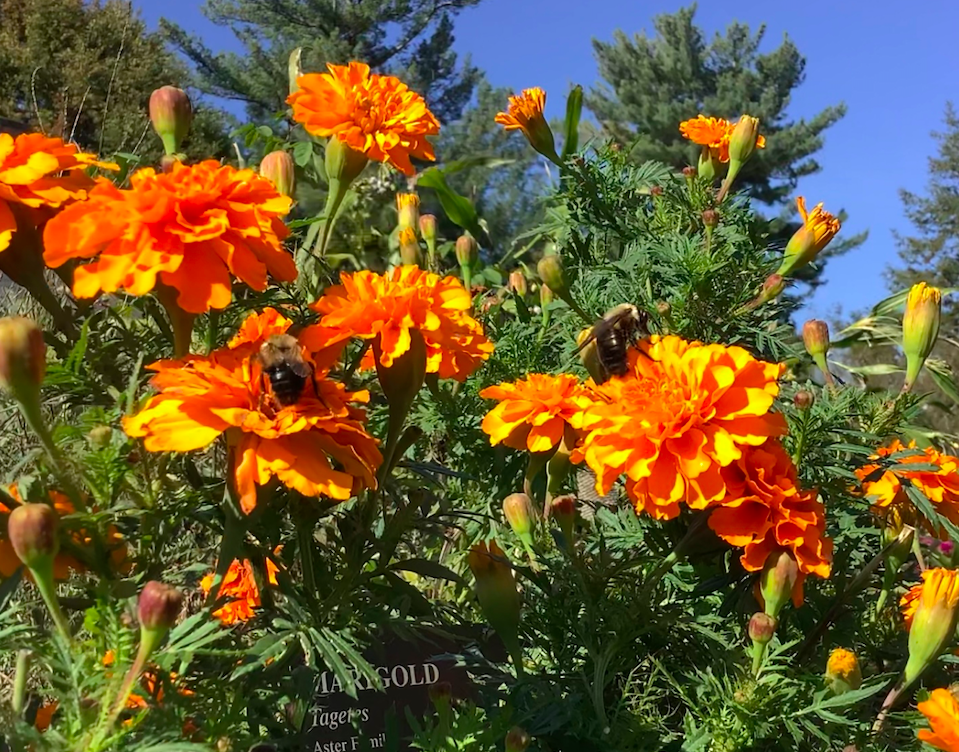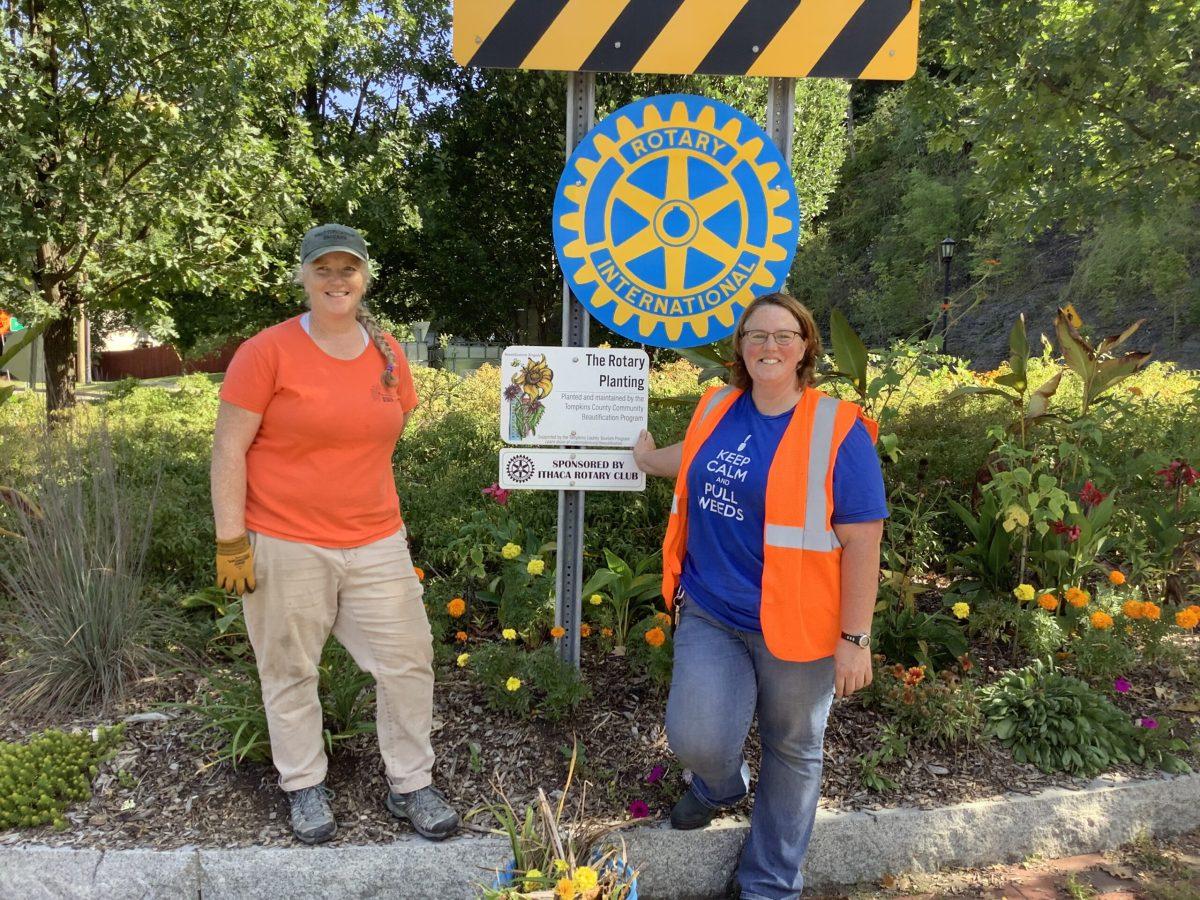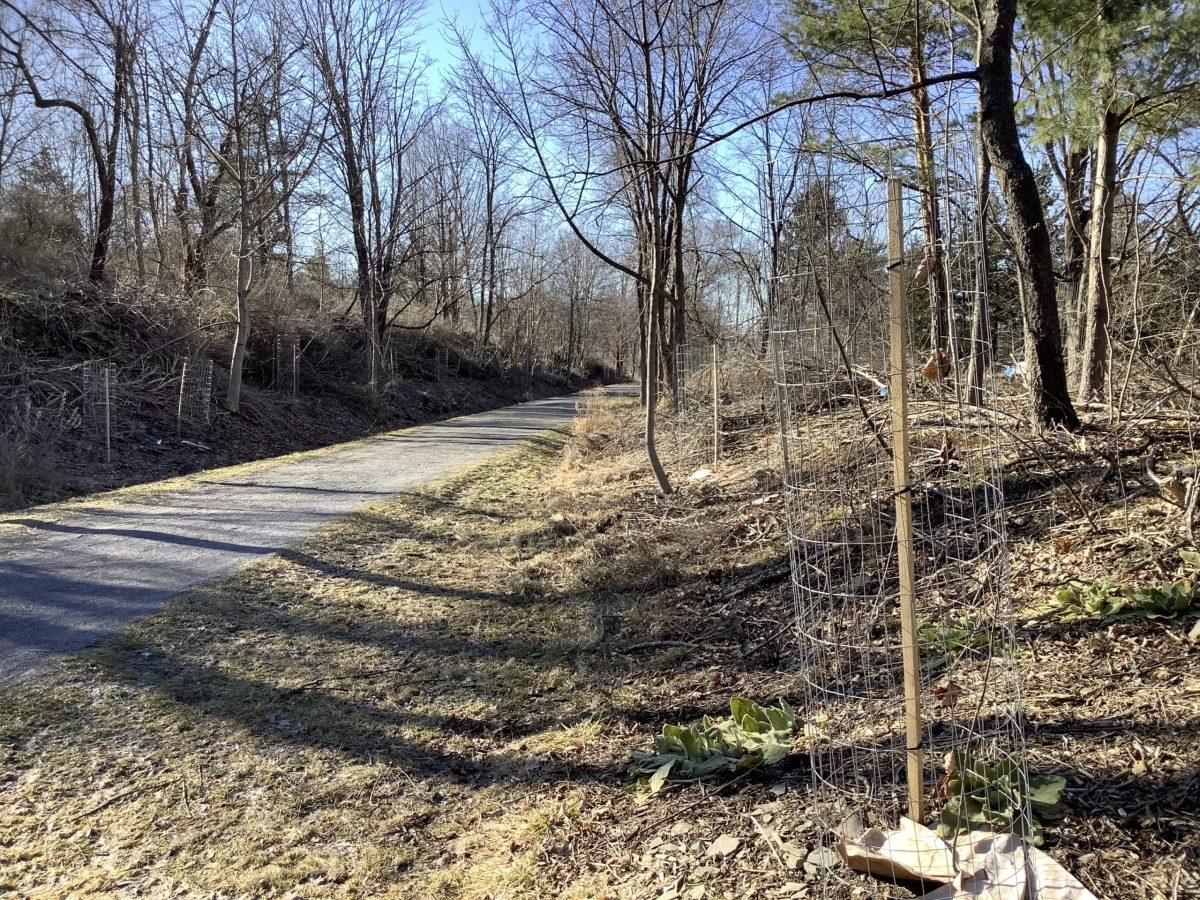From Rhododendrons to Lavender, the Cornell Botanic Gardens offer educational opportunities to community members of all ages.
The Cornell Botanic Gardens teach workshops, lectures, tours, and webinars to give opportunities to the public to learn and experience. They also provide internship programs, engagement with the faculty, staff and students, and provide outreach research opportunities.
The Botanic Gardens have also collaborated with the local schools. Nancy Trautmann, retired Director of Education of the Cornell Lab of Ornithology, is involved in the Kids Discover the Trail program, which gives local students an opportunity to experience the Discovery Trail. The Botanic Gardens is one of eight sites on the Discovery Trail. The ongoing COVID-19 pandemic has unfortunately hindered many of these educational experiences.
“Every year, each one of those organizations has all of the Ithaca students come for a field trip,” Trautmann said. “All the third graders come here and they go to the wildflower garden. Each child is in charge of learning one flower and then teaching the other kids about it”
Some professors teach dual subject classes together. Former Cornell Culinary Professor Barbara Lang said she taught classes with someone who worked in the garden.
“I did cooking classes with the woman who was in charge of the herb garden,” Lang said. “And we had great fun, with the culinary and the gardens.
Jared Gulliford, a newly hired horticulturist, said he has seen many students and researchers take advantage of the garden.
“I see lots of student groups come through here,” Gulliford said. “Students use it, and a lot of tourists. There’s research constantly being done. Through the soil, through the plants. They have a lot going on here. They are utilizing their gardens.”
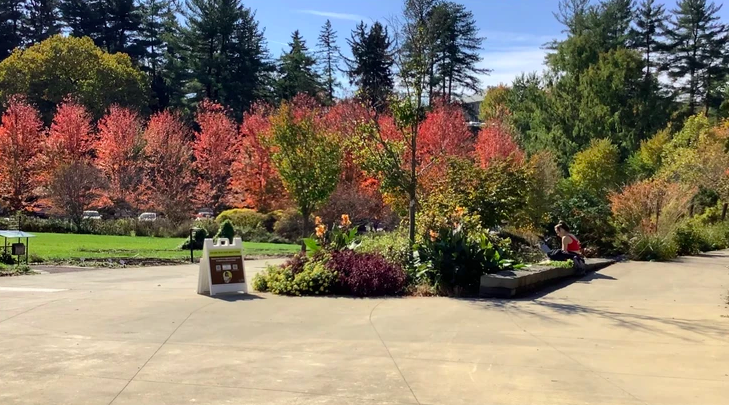
Although offering a wide variety of opportunities for Cornell students, faculty, and staff, Trautmann said one drawback is the location being a little far away from campus.
“I know one drawback is that it’s down the hill and off campus, so a lot of students don’t come here,” Trautmann said. “There’s always that lure, of how to get more people here.”
Trautmann said although a little distant from campus, there have been attempts to engage students more. The Botanic Buzzline, is a 980 square foot path, culminating in over 45 different plants and flowers, which are all great pollinators. It was created by four undergraduate Cornell students in 2018. The Buzzline Spread along the path are educational signs and tags.
“There’s a pathway that’s a pollinated path,” Trautmann said. “It’s right after the electrical transmission stuff and it goes up to campus. It’s an educational path to learn about pollinators and that was created by an undergraduate intern here as a way to get something on the map that would bring people down from campus.”
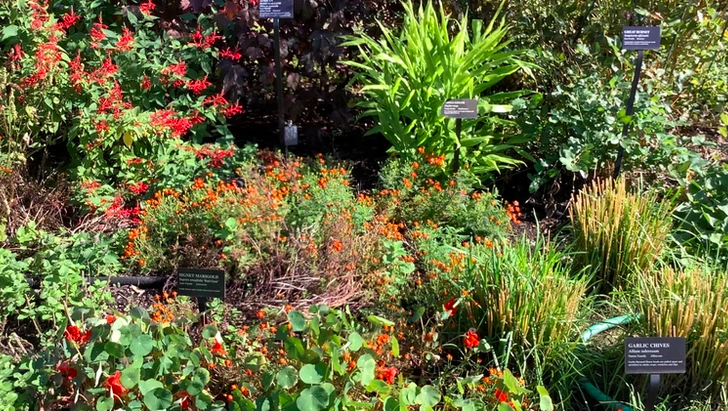
Apart from the educational and community programs run through the gardens, many tourists and locals use the peace and quiet for their own purposes–like exercise or a place to work.
“I’ve been in the area for many decades and I’ve always walked through here,” Lang said. “I’m a cook, so they have an incredible culinary garden here. And then the rhododendron garden I love going through, so I got my little sweet spots all around the botanical gardens that I’ll go to depending upon my mood.”
“I used to walk right through here on my way to work,” Trautmann said. “I figured it was the world’s best commute. It’s just a wonderful place for walking, cross country skiing, sled riding and admiring the collection of plants.”

